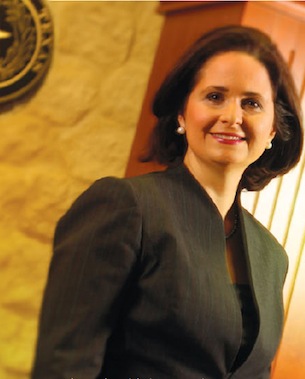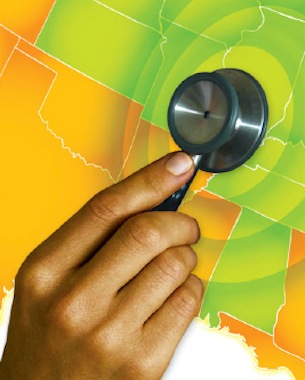ECONOMICS may seem to be an art (or even magic) to some, while many others see it as strictly science. Perhaps the truth lies somewhere in between. Certainly, consumer culture has embraced the field of economics, due much to best-selling books like Freakonomics and The Tipping Point.
After all, it’s compelling, isn’t it? Economics provides us with a new way to engage and converse about societal issues, which tend to be emotional, politically-charged and not easily categorized into black and white perspectives.
In a typical year, about six percent of BBA graduates from the Hankamer School of Business have declared Economics as their primary major. About one fourth of them go on to law school. In addition, a handful of MS-Eco degrees are awarded each year from the Graduate Business Program. Because of the nature of the economics discipline, these alumni seek out a great variety of careers in a multitude of industries. In this issue of the Baylor Business Review, we explore economics applied to health care, gambling, litigation, bankruptcy ethics, third-world countries, and international trade.
Can economics save the world? I’m not sure. But it will provide us with a new way of understanding it.
Terry S. Maness, Dean
Baylor Business Review, Fall 2007






